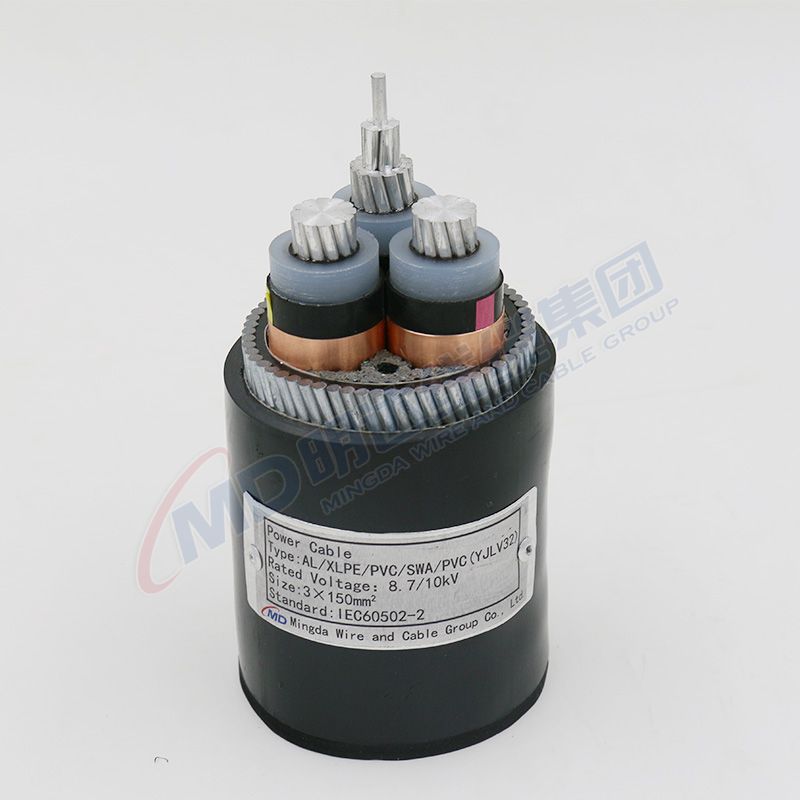دسمبر . 10, 2024 03:12 Back to list
Understanding ANSI Gate Valve Specifications and Applications in Industrial Settings
Understanding ANSI Gate Valves A Crucial Component in Fluid Control
Gate valves are essential mechanical devices used in various industrial applications for controlling the flow of fluids. Among the different types of gate valves available, ANSI (American National Standards Institute) gate valves stand out due to their standardized design and reliable performance. This article explores what ANSI gate valves are, their specifications, types, benefits, and applications in various industries.
What is an ANSI Gate Valve?
An ANSI gate valve is a type of valve that operates by lifting a gate or wedge out of the path of the fluid. This allows for unobstructed flow when the valve is fully opened, and minimal resistance when the valve is closed. ANSI gate valves are designed according to standards set by the American National Standards Institute, ensuring consistency and compatibility across a range of industries.
Key Specifications
ANSI gate valves come with several specifications that ensure their effectiveness and durability. Key parameters include
1. Pressure Rating ANSI gate valves are rated based on their ability to withstand pressure. Common pressure classes include 150, 300, 600, and 900 pounds per square inch (PSI).
2. Material Composition Depending on the application, gate valves can be made from various materials including cast iron, stainless steel, carbon steel, and brass. The choice of material affects the valve's durability, corrosion resistance, and temperature tolerance.
3. Size and Dimensions ANSI gate valves are available in a range of sizes, typically from 2 inches to 48 inches in diameter. The size of the valve is chosen based on the specific requirements of the system it serves.
4. End Connections These valves can be configured with different types of end connections such as flanged, threaded, or welding, allowing for flexibility in installation.
Types of ANSI Gate Valves
There are several types of ANSI gate valves, each designed for specific applications
1. Wedge Gate Valves The most common type, featuring a wedge-shaped gate that fits into the valve body. It offers a tight seal and is suitable for high-pressure applications.
2. Parallel Slide Gate Valves These valves use two parallel discs to control the flow. They are typically used in larger diameter pipes and are designed for low-pressure applications.
ansi gate valve

3. Butterfly Gate Valves While not a traditional gate valve, butterfly valves can function similarly in certain applications. They use a rotating disc to control flow and are more compact than traditional gate designs.
Benefits of ANSI Gate Valves
1. Minimal Pressure Drop When fully opened, ANSI gate valves allow for linear flow, resulting in minimal pressure drop across the valve. This is crucial in systems where maintaining pressure is critical.
2. Durability and Longevity ANSI standards ensure that these valves are built to withstand the rigors of industrial environments, resulting in lower maintenance costs and longer service life.
3. Full Flow Capability The design of gate valves allows for full flow capability without obstruction, making them ideal for applications where fluid dynamics is critical.
Applications
ANSI gate valves find applications in various industries, including
- Oil and Gas Used in pipeline systems to control the flow of oil and gas, ANSI gate valves play a pivotal role in maintaining the efficiency and safety of operations.
- Water Treatment In water supply systems, these valves are crucial for controlling water flow and pressures in treatment plants and distribution networks.
- Chemical Processing ANSI gate valves are commonly used in chemical plants to manage the flow of various fluids, providing reliable shut-off capabilities.
- Power Generation In power plants, they are used in cooling systems and to control flow in steam lines and condensate return systems.
Conclusion
ANSI gate valves are a crucial component in fluid control systems across multiple industries. Their standardized design, coupled with various materials and configurations, makes them versatile for different applications. Understanding their specifications, types, benefits, and applications helps industry professionals select the right valve for their specific needs, ultimately ensuring efficiency and reliability in fluid management. As industries continue to evolve, ANSI gate valves will remain an integral part of fluid control technologies, adapting to meet new challenges while maintaining performance standards.
Share
-
Reliable Wafer Type Butterfly Valves for Every IndustryNewsJul.25,2025
-
Reliable Flow Control Begins with the Right Ball Check ValveNewsJul.25,2025
-
Precision Flow Control Starts with Quality ValvesNewsJul.25,2025
-
Industrial Flow Control ReliabilityNewsJul.25,2025
-
Engineered for Efficiency Gate Valves That Power Industrial PerformanceNewsJul.25,2025
-
Empowering Infrastructure Through Quality ManufacturingNewsJul.25,2025


